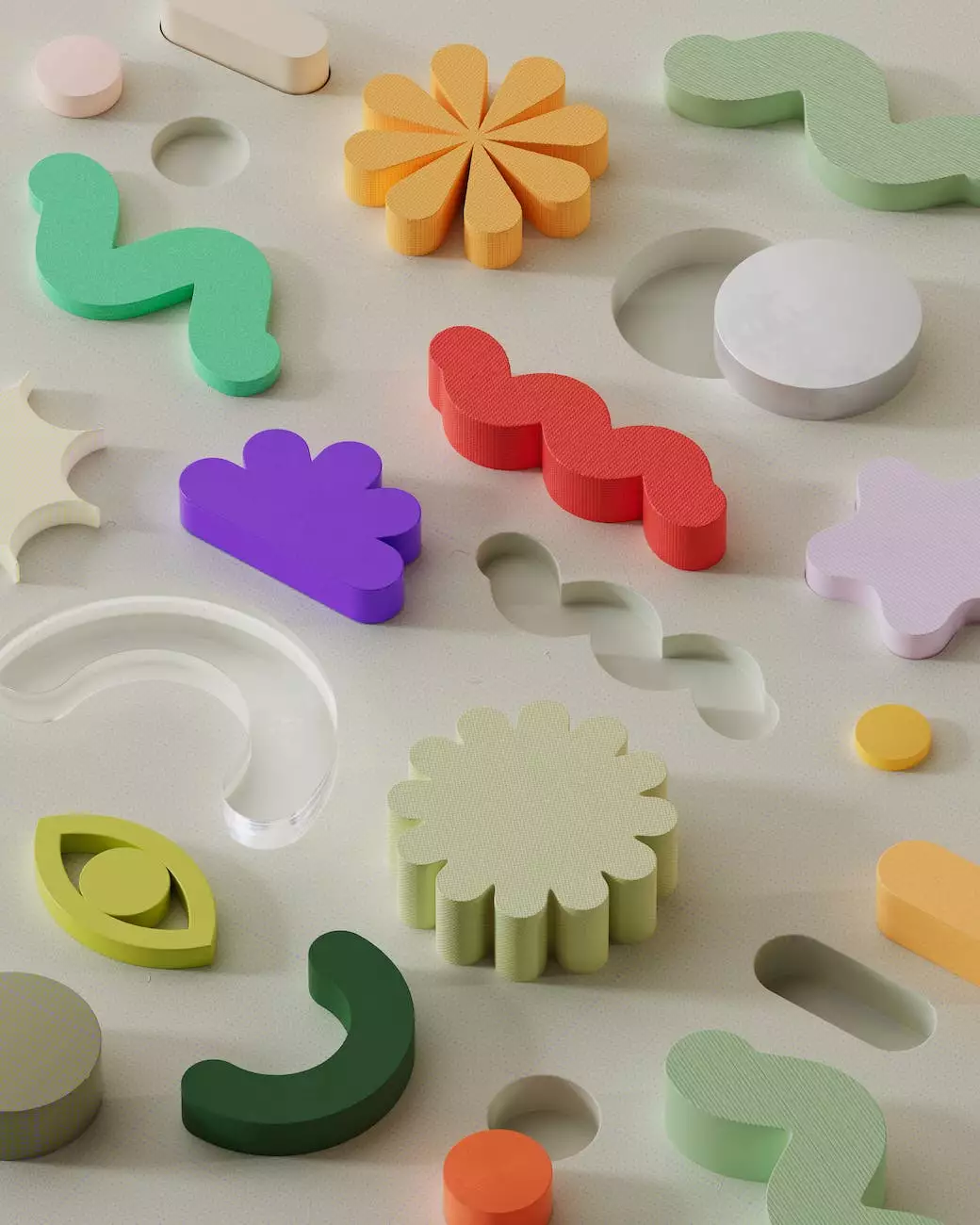10 Differences Between Shopify Vs Etsy: Which is Better?
Blog
Introduction
As the digital world continues to thrive, creating an online presence for your business has become crucial. E-commerce platforms have made it easier than ever to establish and manage your online store. Two popular options for aspiring entrepreneurs are Shopify and Etsy. In this article, we will explore the 10 key differences between these two platforms and help you determine which one is better suited for your business needs.
1. Setup and Customization
Shopify offers a comprehensive setup process that allows you to create a professional-looking store from scratch. With its user-friendly interface, you can easily customize your storefront, choose from a variety of themes, and tailor it to match your branding. On the other hand, Etsy focuses on simplicity, making it ideal for small businesses or individuals looking for a hassle-free setup process.
2. Pricing
When it comes to pricing, Shopify offers different plans to cater to businesses of all sizes. While it may have a monthly fee, it provides various features, including payment integration, inventory management, and marketing tools. Etsy, on the other hand, charges per listing and transaction, making it a suitable choice for those who want to start small or sell a limited number of products.
3. Branding and Visibility
Shopify allows you to have full control over your brand's visibility. You can use your own domain name, create a unique logo, and optimize your website for search engines. This flexibility gives you a better chance of standing out in the competitive online market. However, Etsy offers built-in visibility within its marketplace, allowing you to reach a wide customer base without putting in much effort to drive traffic to your store.
4. Inventory Management
If you have a large inventory or plan to expand your product offerings, Shopify is a better option. It offers advanced inventory management tools, allowing you to track stock levels, manage multiple warehouses, and set up automatic alerts for low stock. Etsy, on the other hand, is more suitable for small-scale sellers who don't require complex inventory management functionalities.
5. Payment Options
Shopify provides a wide range of payment options, including credit cards, PayPal, Apple Pay, and more. It also supports multiple currencies, making it easier for international sales. Etsy primarily uses its own payment system, but it also accepts other methods like PayPal. While Etsy's payment options are more limited, it simplifies the checkout process for customers already familiar with the platform.
6. Marketing and SEO
Shopify offers extensive marketing and SEO features to help you promote your online store effectively. You can optimize your store for search engines, create landing pages, and run email marketing campaigns. Etsy, on the other hand, focuses on internal search optimization within its marketplace, making it easier for customers to discover your products without much additional effort.
7. Scalability
If your business's growth potential is a priority, Shopify provides the scalability you need. It offers advanced features, such as multi-channel selling and integration with other platforms, allowing you to expand your business beyond the confines of an online store. While Etsy enables growth to some extent, it remains primarily focused on the Etsy marketplace.
8. Customer Support
Shopify offers 24/7 customer support through various channels, including live chat, email, and phone. They have a vast knowledge base and an active community, ensuring you receive assistance whenever you need it. Etsy also offers customer support, although it may have limitations in terms of availability and response time.
9. Mobile-Friendliness
In today's mobile-driven world, having a mobile-friendly store is essential. Shopify offers responsive themes that automatically adjust to different screen sizes, providing a seamless shopping experience for mobile users. Etsy, although it has made strides in improving its mobile capabilities, primarily focuses on optimizing the shopping experience within its app rather than offering fully responsive designs.
10. Control and Independence
Shopify empowers business owners by providing complete control and independence over their online store. You have the freedom to choose your hosting, website design, and domain name. Etsy, on the other hand, places more emphasis on a shared marketplace experience where individual stores may have less control over the overall platform and design choices.
Conclusion
Both Shopify and Etsy offer unique features and benefits that cater to different business needs. Whether you prioritize customization, scalability, or simplicity, understanding the differences between these platforms is crucial in making an informed decision. Graymatter SEO, a leading provider of professional SEO services in the Business and Consumer Services industry, can assist you in optimizing your online presence and driving organic traffic to your chosen e-commerce platform.










